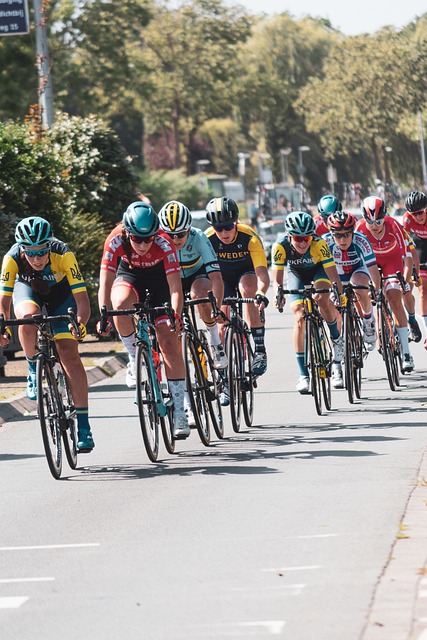Event Planning for Local Businesses thrives on understanding and engaging with the community. By analyzing demographics, interests, and cultural elements, businesses can create events that resonate deeply with attendees, fostering connection and loyalty. Leveraging local inspiration, partnering with entities, and staying informed about trends helps event planners expand reach and contribute to a thriving local ecosystem. Competitive analysis is key to identifying successful models and unique offerings within the market.
“Unleash the power of local events for your business! This comprehensive guide, designed specifically for event planners aiming to support local businesses, reveals the secrets behind coordinating successful community gatherings. From understanding your audience and strategic planning to execution and evaluation, we break down each crucial step. Discover how to create meaningful experiences that resonate with your target demographics, outdo competitors, and drive measurable results, ensuring your events become pillars of the local business landscape.”
- Understanding Your Local Audience
- – Identifying target demographics and community needs
- – Researching local competitors and successful event models
Understanding Your Local Audience

Understanding your local audience is a cornerstone in event planning for local businesses. By delving into the demographics, interests, and cultural nuances of your community, you can create events that resonate deeply with attendees. This personalized approach not only fosters engagement but also strengthens the bond between the business and its neighbors. Event planners should consider local festivals, traditions, and historic landmarks as potential sources of inspiration for theming and activities.
Local businesses have a unique advantage in tapping into these audiences directly. They can leverage existing social networks, community groups, and local media outlets to promote their events effectively. By partnering with other local entities, such as schools, churches, or neighborhood associations, they can also expand reach and create more inclusive experiences. This collaborative approach enhances the overall success of the event and contributes to a thriving local ecosystem.
– Identifying target demographics and community needs

Before planning any local events, it’s crucial to understand and identify your target demographics and community needs. This process involves delving into the unique characteristics and preferences of your potential attendees, including age groups, interests, and cultural backgrounds. For event planning tailored for local businesses, this means aligning activities with the interests and requirements of both the business owners and their customers.
By conducting surveys or focusing on existing customer data, you can gain valuable insights into what draws folks to your community. Are they passionate about food festivals, cultural performances, or educational workshops? Understanding these preferences allows event organizers to create experiences that resonate with attendees, fostering a deeper connection to local businesses and the overall community.
– Researching local competitors and successful event models

When planning a local event for businesses, understanding your competition is key. Researching similar events hosted by rivals or industry leaders allows you to identify successful models and unique selling points in the market. By analyzing their themes, formats, and engagement strategies, you can gain insights into what resonates with the local audience. This competitive analysis is an essential step in Event Planning for Local Businesses, ensuring your event stands out and attracts attendees.
Incorporating successful elements from past events while adding innovative twists can create a memorable experience. Keep up-to-date trends in event planning, and consider what makes a local gathering engaging and worthwhile. The goal is to offer something distinctive that aligns with the community’s interests and leaves a lasting impression, fostering loyalty among participants and potential patrons.
Planning successful local events requires a deep understanding of your audience and the competitive landscape. By identifying specific demographics and their needs, as well as researching similar events and their strategies, you can create unique and engaging experiences that resonate with attendees. Incorporating these insights into your event planning for local businesses will ensure memorable gatherings that drive community engagement and foster growth.
